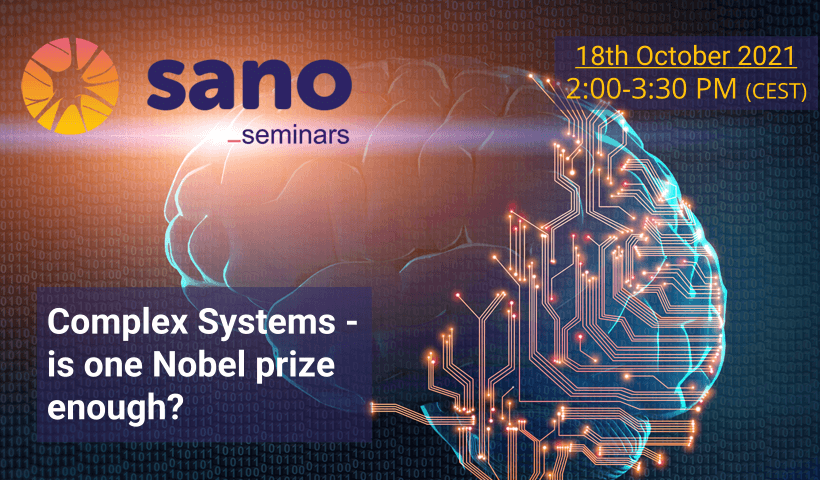Zbigniew Struzik has been working on a range of subjects in the domains at the cross-section of computer science and applied interdisciplinary physics, statistical physics, and biological physics. His research has spanned a wide range of disciplines and phenomenological scales, from the physiological complexity of intertwined systems within the human body, through behavioural complexity of human individual dynamics, to collective behaviour in the economic market environment. In the variety of research contexts to which he has contributed, the common purpose is that of identifying, revealing and modelling, or at least characterizing, the properties of the systems’ dynamics, essential to the emergence of the complexity of the observable records of data.





